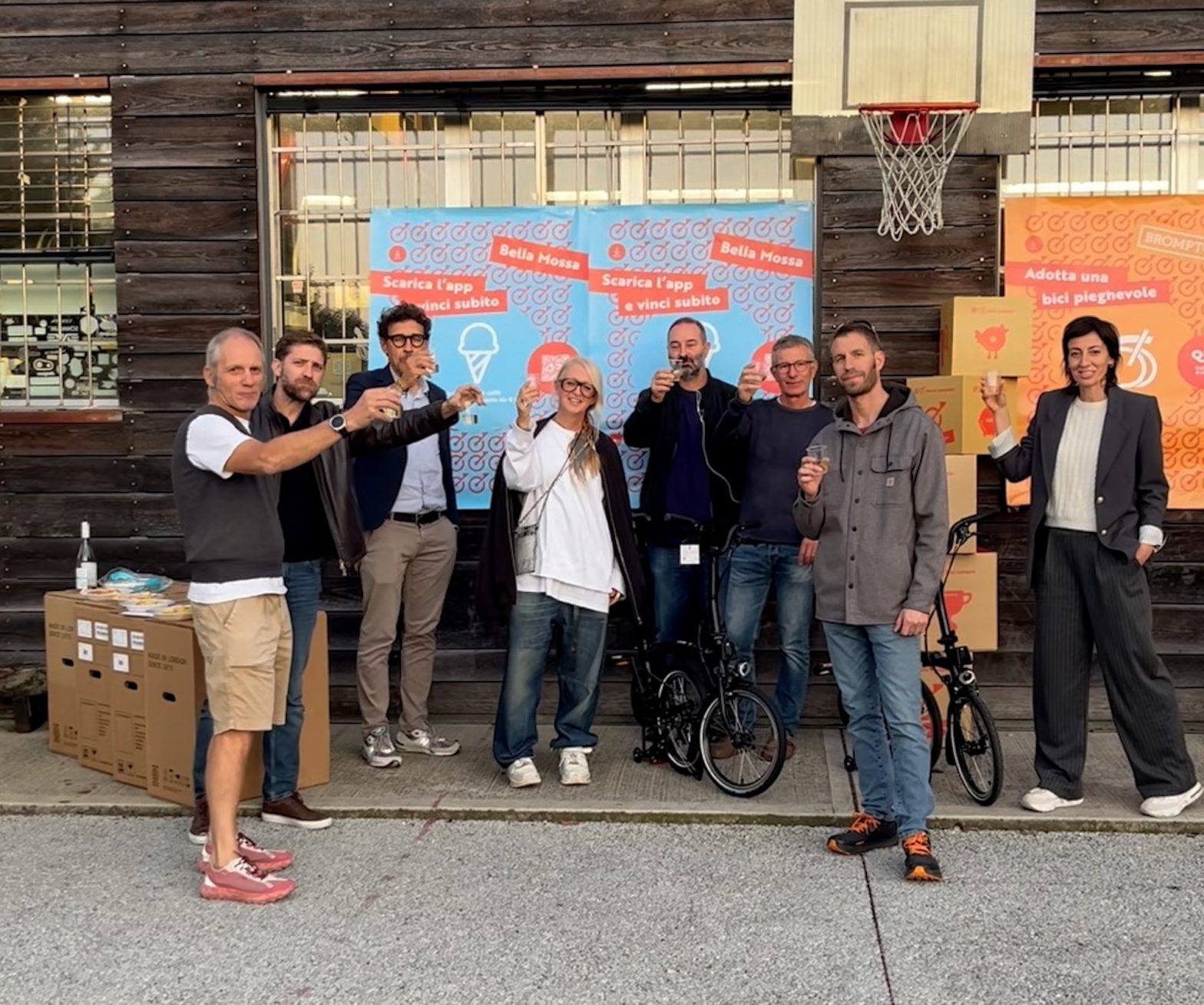
Photo: UITP
Informal transport keeps Cape Town and Lagos moving
07 June 2023
by Sarah Wray
Outside the Global North, as much as 80 percent of land transport is provided through informal systems, according to Benjamin de la Peña, CEO of the Shared-Use Mobility Center and Chair of the Global Network for Popular Transportation.
Speaking during a panel session at the UITP Summit in Barcelona this week, he said: “This is a global phenomenon; it’s not a local [one],” noting that informal transport exists in cities such as Mexico, Hong Kong and New York.
Although informal transport poses significant challenges, such as fierce competition and allegations of sexual harassment and criminality, De la Peña challenged the idea of treating the sector as a ‘problem’, noting that these topics reflect wider societal issues.
He urged authorities instead to view informal providers as an asset “because they move people” and will remain important even as formal transportation systems develop because cities, particularly in the Global South, will continue to grow faster than governments’ ability to plan and adapt.
For this reason, cities such as Cape Town, South Africa and Lagos, Nigeria are moving towards a model of collaboration with informal and formal systems working in tandem.
‘Not for the faint hearted’
The integrated public transport system in Cape Town is largely now provided by the informal/ paratransit industry and particularly by minibus-taxis, according to Roberto Miguel Quintas, Mayoral Committee Member for the Urban Mobility Department in the City of Cape Town Municipality.

“We have in South Africa and in Cape Town a completely collapsed and dysfunctional passenger rail service,” he said. “It has been on a steady decline over the last two decades with an accelerated decline over the last half-decade.”
The issue was compounded during the pandemic due to issues such as theft and vandalism.
Cape Town has a fleet of municipal buses and a bus rapid transport service called MyCiti that serves a section of the city and is being expanded to compensate for the collapse of rail.
For now, though, the minibus-taxi paratransit industry has stepped in to fill the gap left behind and according to Quintas is the “backbone” of the public transport system in South Africa and especially in Cape Town.
“The paratransit industry is a valuable partner in making sure that people get access to opportunities that they need to, whether it be work or education,” he commented.
With this in mind, the municipality aims to work collaboratively with the paratransit industry, including on regulation.
One success has been bringing in operators of paratransit associations to assist with running the municipal bus service and this will continue as the rollout expands.
Quintas acknowledged that there are still major challenges to be overcome, though, from criminality to trust.
There is a very large “trust deficit” between the informal transport industry and government due to issues such as perceptions of heavy-handed enforcement, and this can lead to anger and occasionally violence.
But, he said, the situation in Cape Town is “certainly improving” through greater industry engagement.
“It is not for the faint hearted,” Quintas commented. “But it is a great privilege to be the political principal in Cape Town that has the honour of engaging across all the different modes of transport to try and find the best mix that will benefit our communities, because that’s really what it’s about.”
Driving the Lagos economy
Lagos has a population of over 22 million people in a relatively small space.
“Therefore, transportation becomes a necessity because we can’t continue to use private cars to do our business,” said Abimbola Akinajo, Managing Director, Lagos Metropolitan Area Transport Authority.

Like Cape Town, Lagos’ transport system is dominated by the informal sector – particularly through around 100,000 ‘danfos’ which are 10 to 14-seater buses.
“We cannot understate their importance in driving the economy of Lagos,” said Akinajo.
However, she added that regulation is also necessary. “We cannot say that they do not exist, we cannot phase them out, but we cannot continue to work with them in the way in which they do business today.”
She said the government and the sector need to come together on this to best serve the people of Lagos, including reducing the overall number of vehicles.
One of Lagos’ regulated bus rapid transit operators came from the informal sector.
“I would say unequivocally that they are probably the best of the operators that we have,” Akinajo said.
Busting myths
Both Cape Town and Lagos are trying to design regulations in collaboration with the informal transport sector.
According to Quintas, it is a misconception that all informal operators want to remain unchecked.
He said several associations had expressed a “great willingness” to be incorporated into some kind of longer-term sustainable system as taxi operator companies. The hope is that these companies will increasingly act as industry partners in an intermodal integrated public transport network.
Akinajo said Lagos is also seeing a desire from the informal sector to partner with government.
“I think that comes from all of the conversations we’ve been having with them over the years; it is starting to pay off.
“And we in Lagos are starting also to see that they themselves recognise that they can’t continue operating the way they have been.”
Lagos is working on a bus industry transformation programme to explore how different players can co-exist to serve people better.
The study for this will include input from the informal transport sector, as well as from government officials, regulators and other stakeholders.
She said responses so far have been positive, noting that Lagos’ goal is to “loosely” or “reasonably” regulate the sector.
According to De la Peña, authorities should treat informal transport operators first as small and medium enterprises (SMEs).
“The world has really good experience in regulating small and medium enterprises so that we get public goods or public interests – the same way we regulate restaurants and food services,” he said.
The session was moderated by Gershwin Fortune, Managing Director of Gershwin Transportation Consultants (GTC) and Chair of UITP’s informal transport working group.













